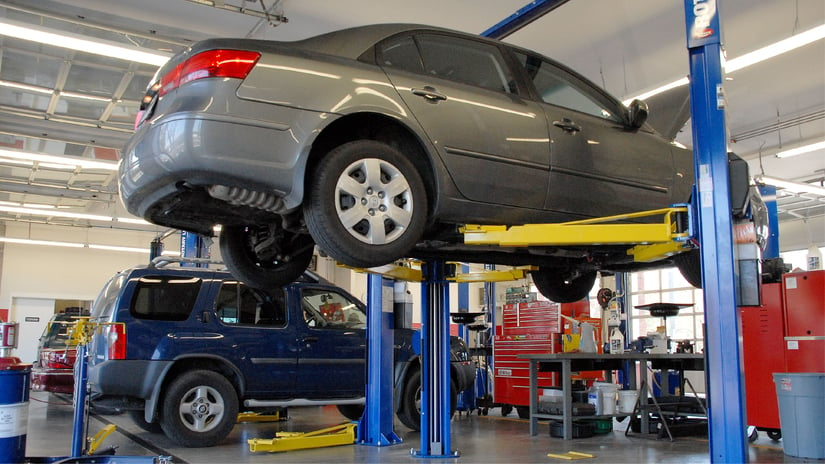
With the new Right to Repair Act coming into effect on 1 July this year, fleet managers and customers need to prepare for a new landscape when it comes to vehicle maintenance and repairs.
In a nutshell, this new act allows for a healthier competitive environment in the aftermarket vehicle space and can benefit fleet managers and customers if approached correctly. According to Right to Repair South Africa, “Car owners are now empowered to choose where they service their vehicles without risk of voiding the warranty. Previously, motor manufacturers would void the warranty if a vehicle was not serviced at the dealership.”
More importantly, the website further states that “...if manufacturers find that a warranty-related failure is due to inferior quality parts or incorrect service procedures or faulty workmanship, they are within their rights to decline the warranty. As stipulated in the Consumer Protection Act, the liability now lies with the independent service provider and/or the parts supplier/importer. It is therefore important to procure parts from reputable suppliers and to use only recognized, branded parts when servicing a vehicle.”
There is plenty of debate within the automotive industry about whether this act will have long-term benefits, how it should be managed by all parties and precisely how warranties will be affected. Many of these details will only surface down the line and, as with any new regulation, there will be some trial and error on all sides as parties navigate the finer points.
From a fleet manager's perspective, this new playing field opens many opportunities but also brings additional responsibility. Here are some of our initial thoughts:
Extended footprint
The Right to Repair Act means fleet managers can dramatically expand their repair network as they no longer have to include only OEM workshops. This means fleet operators can now work with non-OEM suppliers that are geographically more suited to their client’s needs.
But, with this comes the responsibility of ensuring these new suppliers comply with the necessary standards and that moving away from OEM workshops doesn’t result in poor service standards or the use of inferior parts. In the fleet business, the responsibility is going to lie with fleet partners/fleet suppliers to ensure their client’s fleets still receive the best quality care.
Quality over quantity
In many ways, the fleet industry is well-prepared for this change in regulation. In order to succeed as a reliable fleet supplier/partner, fleet managers constantly need to evaluate risk, cost and ultimate return on investment. All these same rules will apply when bringing new repair suppliers onboard: fleet managers will only use repair workshops that adhere to their quality standards.
It all comes down to one of the most ‘basic’ rules of fleet management: will short-term savings lead to long-term costs? The last thing any fleet manager wants is a ‘cheap’ repair that leads to more serious and costly vehicle damage down the line. All professional fleet suppliers will need to be vigilant and ensure that they don’t run the risk of inferior repairs.
Reduced downtime
One reason many fleet managers support the ‘Right to Repair’ act, is that it creates the opportunity for them to reduce downtime for clients. With a wider network of workshops to choose from, the distance to (and time spent at) the workshop could be cut significantly.
The best fleet managers will already be in the process of vetting new workshops to ensure they meet their standards and can be added to their repair network.
Cost savings
Taking the above points into consideration, fleet managers should be able to achieve significant cost savings with reduced downtime and a much more competitive repairs segment to tap into. That said, there will be a limit on cost savings as responsible fleet managers will not settle for inferior parts or rushed repairs.
For this reason, many fleet suppliers are not rushing to expand their repair network overnight, but rather working with potential new suppliers to ensure all parts and processes are up to the standard required by their clients, as well as by the fleet managers themselves.
It’s your reputation
At the end of the day, fleet managers must remember that their business reputation is always front and centre. Whether you opt to keep using OEM workshops or to expand your network: your clients are still going to look to you when something goes wrong.
This is a vital point for everyone to remember: in the fleet industry your business reputation lies in the quality of your fleet and the Right to Repair Act does not change that. Fleet managers should therefore take every opportunity to expand their repair network if necessary, but not at the expense of the quality of service they owe to their clients.
Discover more about our fleet management services. You have our free resources at your fingertips. You can also find out everything you need to know about the Administrative Adjudication of Road Traffic Offences (AARTO) in our AATRO guide.
